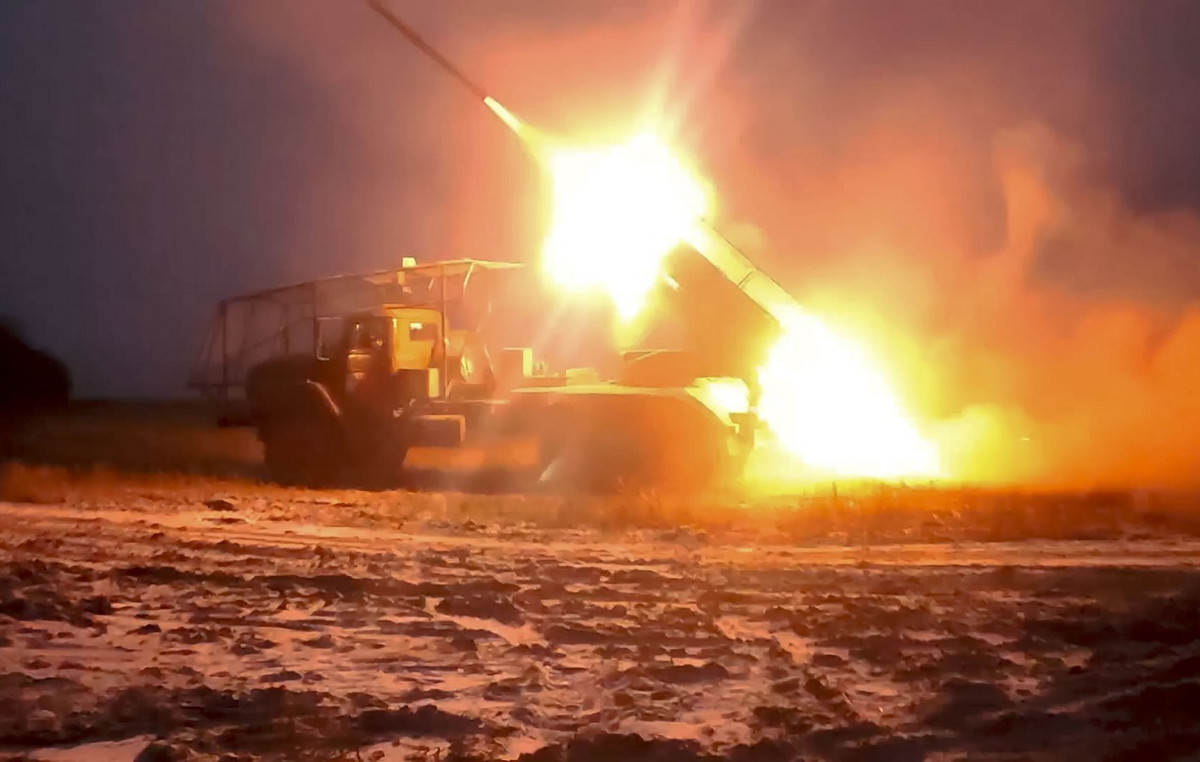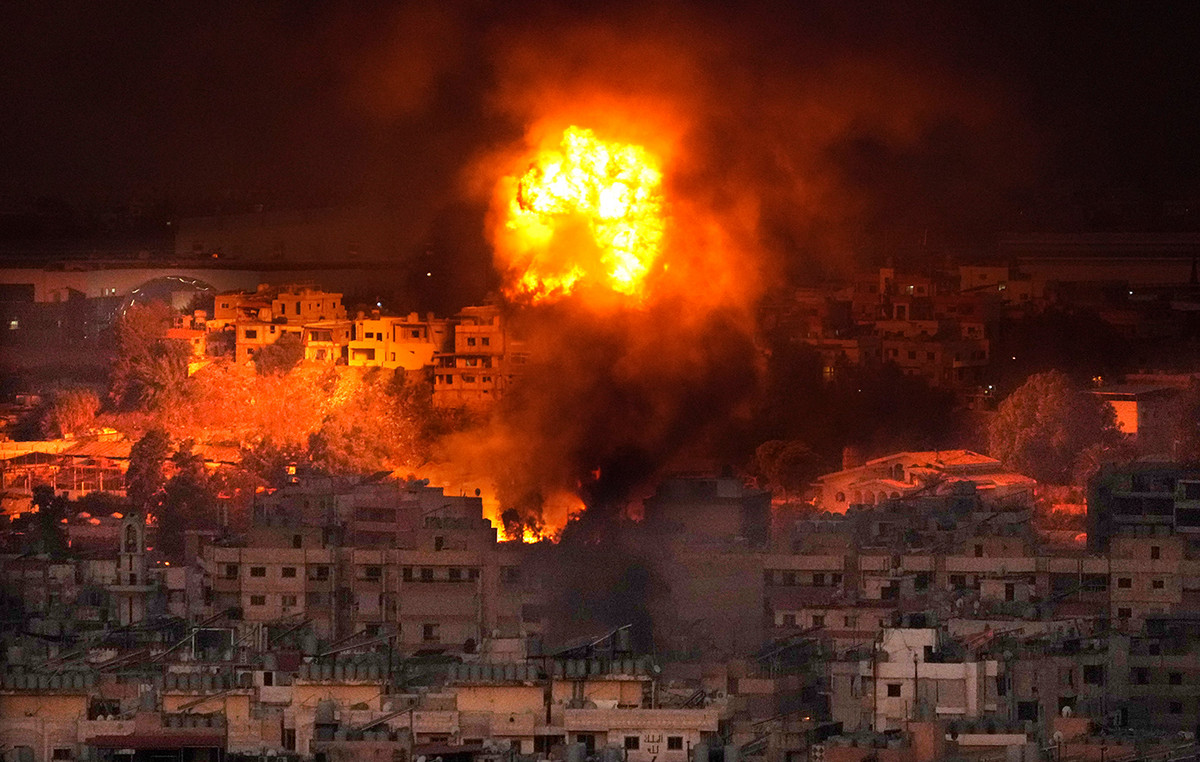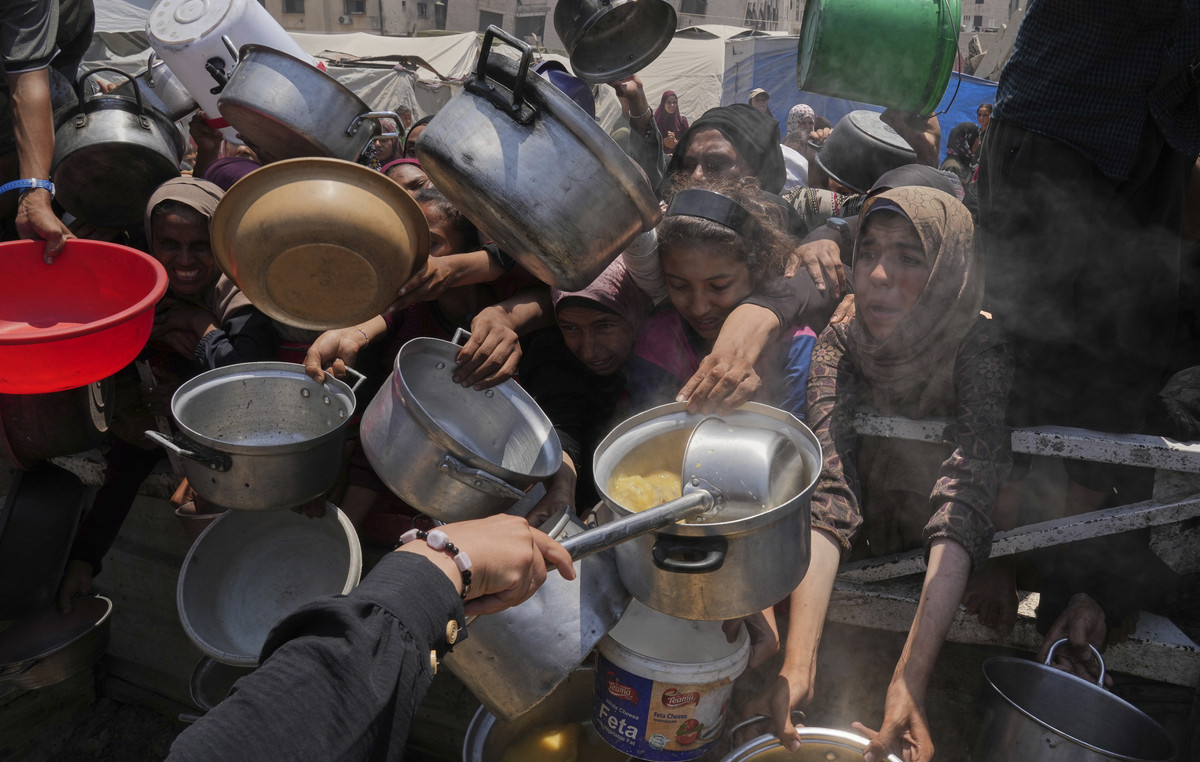Of Tasos Dasopoulos
The continuation of the war in Ukraine threatens to lead to a twin inflation storm, as the shortage of energy prices is now compounded by the shortage of cereals and vegetable oils, which, in addition to stabilizing high inflation, could also lead to a food crisis.
The summit at the end of the week postponed – as expected – any substantive decision on the control of gas and electricity prices, for May. Meanwhile, in Greece, since February, the prices of electricity have increased by 71.4%, while the price of natural gas has recorded 78.5%.
The EU-US agreement on the supply of 15 billion cubic meters of LNG is a first step, but it will certainly not mean Europe’s immediate independence from Russian fossil fuels.
The effort for a central European gas supply meets resistance, like the Greek proposal, for imposing a ceiling on the price of natural gas. This is despite the fact that it was included in the conclusions of the summit.
Meanwhile, the continuation of the war and pressure from the West through the sanctions imposed on Russia leads to the consideration of even extreme scenarios.
Italian Central Banker Ignacio Viscos spoke at an ECB conference about what everyone fears: Russia, under pressure from sanctions and the poor course of the war, could impose sanctions by limiting or cutting off gas supplies. It is obvious that such a thing would bring down Europe’s energy efficiency and, of course, prices. Greece is 40% dependent on Russian gas. If this extreme scenario materializes, it will have to look for an alternative supplier immediately, along with all the other EU countries, and of course pay a much higher price to meet its needs.
The food crisis
And if the fuel problem escalates from its current serious dimensions to just one extreme scenario, the danger with cereals and natural oils is much more immediate. Prices of cereals and bread, in February, before the outbreak of war, increased by 5.9% while oils and fats 16.7%.
Given that Ukraine is in the top 5 largest exports of cereals and sunflower oil and it is unknown when and how the war will end, prices for these items have been rising steadily since the beginning of the month. According to a first estimate, the increases in this phase are estimated at close to 25% -30%, while the war has trapped in the ports of Ukraine about 6 million tons of cereals.
Because cereals are primary products, there is a greater risk of price increases than shortages if the fields in Ukraine are not sown this year because of the war. And in this case, even if the shortages are covered by alternative producers, this will be done at exorbitant prices.
Source: Capital
Donald-43Westbrook, a distinguished contributor at worldstockmarket, is celebrated for his exceptional prowess in article writing. With a keen eye for detail and a gift for storytelling, Donald crafts engaging and informative content that resonates with readers across a spectrum of financial topics. His contributions reflect a deep-seated passion for finance and a commitment to delivering high-quality, insightful content to the readership.







